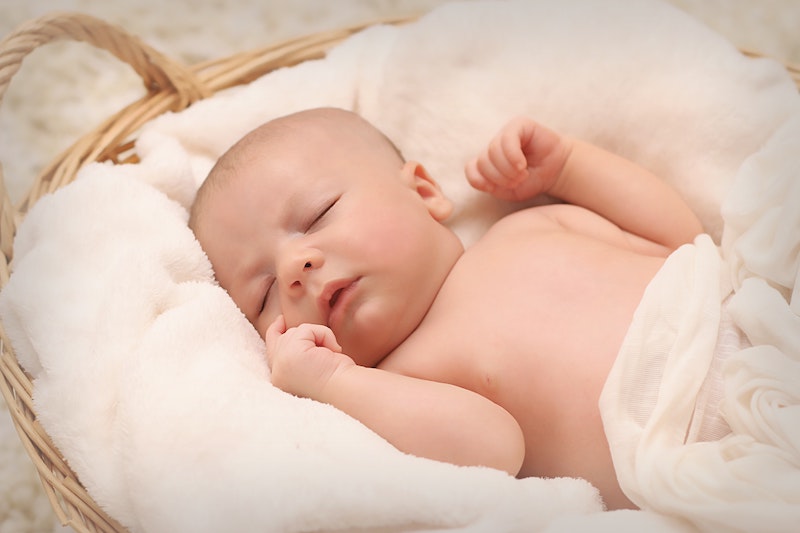Bringing in a new little human to this earth may be a joyous occasion for parents, but it soon starts to delve into a paranoia fest about the child’s safety. Parents tend to go overboard on checking up on their newborn, and that is totally reasonable.
As babies, they are frail and require the utmost care at all times. Bedside cribs are big on the Advice Blogger child safety standards. They provide a personal zone of safety and security for the child to be in.
There are more than 3500 deaths recorded per year in the US alone. Sleep-related accidents in infants are numerous as well. Thus given below would be a well put together list of essentials to keep in mind while getting your baby to sleep safe and healthy.

1. Let your baby sleep in a safe and firm crib:
The mattress where the baby should be sleeping should always be firm. Not hard or soft but just the right amount of firmness that can support the baby without hurting their back or neck. Soft mattresses in cots can lead to various problems in infants like bad posture.
The crib should also be up to date with current safety standards like having drop railings on the side that would allow easy change of mattresses as well as not let the baby fall off during their sleep.
2. Always lay baby on their back:
Contrary to ancient and popular belief, babies should not be put to sleep on their bellies. It was believed that putting a child to sleep on their tummy would prevent gag reflexes, thus preventing the child from choking on their own spit.
But current studies show that that way babies run the risk of cutting off proper airflow to the system. Sleeping on their backs increases aeration and helps avert SIDS (Sudden Infant Death Syndrome) and SUDI (Sudden Unexpected Death in Infancy).
3. Keep very few things in the crib of utmost essence to the baby:
The crib should not be overflowing with your baby’s belongings when they sleep. To a sleeping baby, even their most favorite plushy or plastic toy soldier can be a threat to life as they can lead to strangulation and suffocation.
It can happen if the baby somehow swallows them or places them in a way that he can’t get proper airflow to his systems. Even blankets and heavy sweaters should be monitored from time to time to make sure that the child has his mouth and nose uncovered.
4. Keep a baby monitor:
Parents that are always stuck at their jobs, making a living for themselves and the family can’t be bothered to take care of their baby even at work. Also, at night if the baby is in another room, the parents have to go check up on them every now and then.
This can be solved by using a baby monitor. The visual and audio output from the monitor can keep parents notified of their child’s every movement and action remotely.
5. Avoid gassy or smoky rooms for the baby to be put in:
Smoking in adults that are not sensitized to tobacco or other inhalants can result in extreme dizziness, nausea, vomiting and sometimes a persistent choking sensation. Passive smoking is harmful, as well.
When a lot of smoke is inhaled, the carbon monoxide in it reacts to cut down the levels of oxygen in the blood.
For a baby, a smoky or gassy room would be a nightmare as they would begin to choke in no time. This kind of callousness in parenting adds to infant mortality rates every year.
Babies need proper temperature regulation. While they are put to sleep, the room must be cool and breezy. The child needs to be wrapped in moderately warm but not hot clothes. During any illness or sickness, the baby should not be suffocated by wrapping, and their heads should be left uncovered.
I’m a 20-something stay-at-home mother and wife. I have an amazing husband, a beautiful daughter, two loving dogs, and a lazy cat. I wouldn’t change my life for anything! I love to read, listen to music, cook and blog!

Speak Your Mind